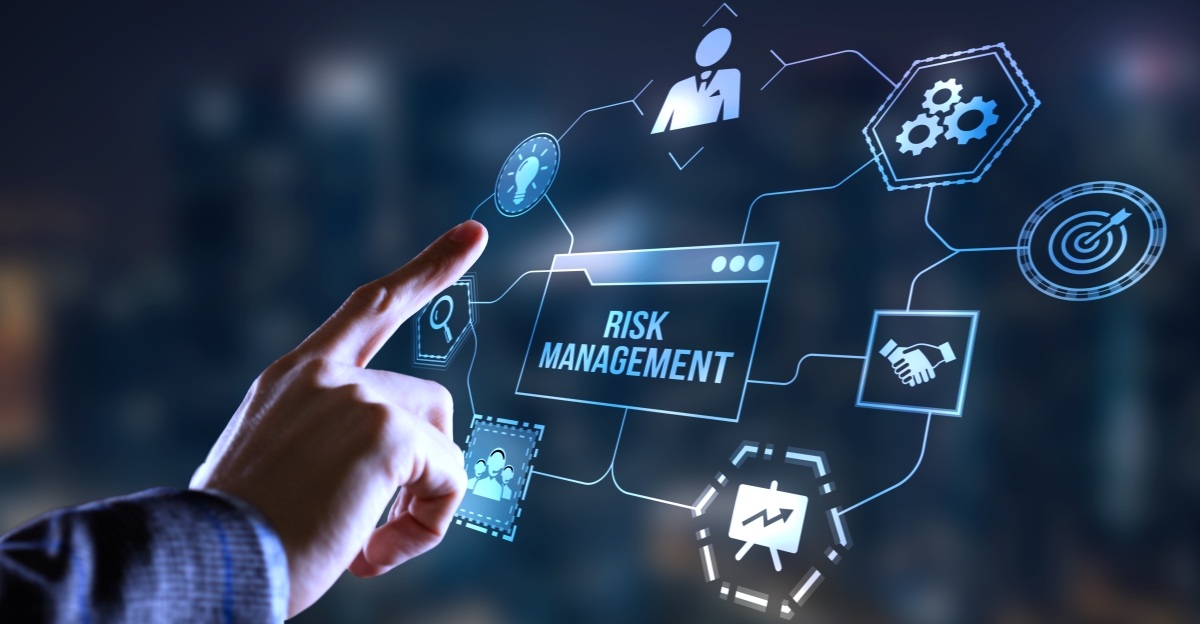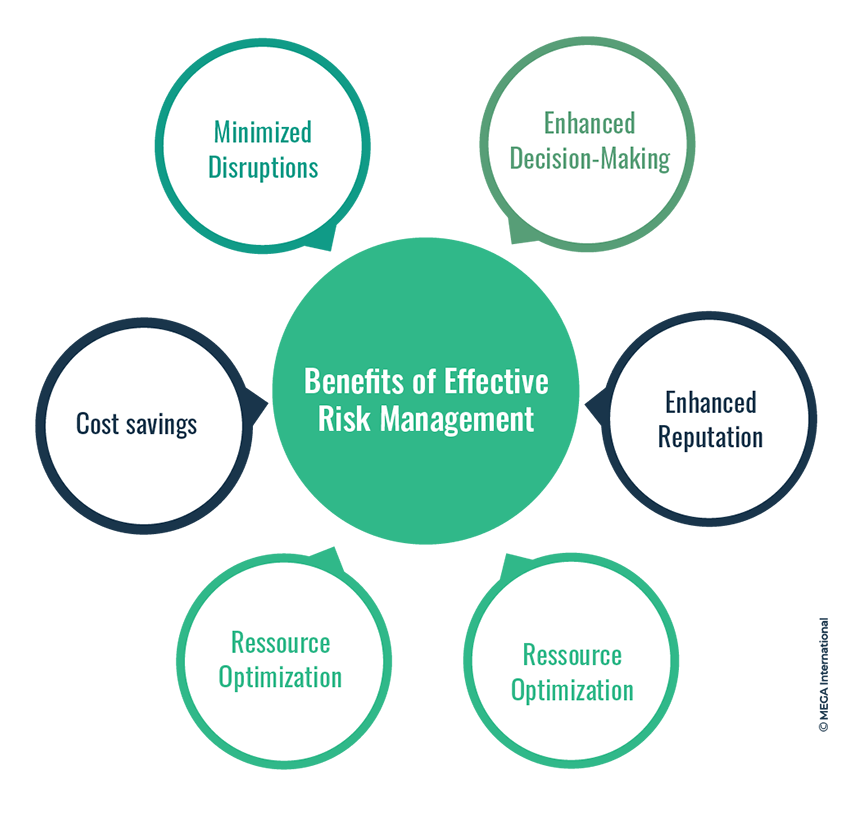Navigating the Challenges: Understanding the Importance of Risk Management
Navigating the Challenges: Understanding the Importance of Risk Management
Blog Article
The Value of Understanding the Relevance of Risk Management in Various Industries

The Core Concept of Risk Management and Its Function
Risk Management, the keystone of many markets, rests on the recognition, analysis, and mitigation of uncertainties in a business environment. It is an important practice that enables companies to secure their properties, track record, and total survival. By correctly determining possible risks, organizations can develop methods to either protect against these risks from happening or decrease their effect. The analysis procedure involves examining the probability and possible severity of these threats. As soon as dangers have been identified and assessed, the mitigation process entails designing strategies to decrease their potential impact. This procedure is ongoing and cyclical, making sure that companies are prepared for the ever-changing nature of Risk in different markets. The key function, therefore, is to cultivate strength in the middle of uncertainties.
Advantages of Executing Risk Management in Company Workflow

Introducing the Function of Risk Management in Different Industries
While every sector challenges its special set of threats, the implementation of Risk Management approaches stays a common measure in their pursuit of sustainability and development. In the healthcare industry, Risk Management requires ensuring client security and data defense, while in money, it involves mitigating financial investment risks and guaranteeing regulative conformity (importance of risk management). Construction companies concentrate on employee safety, job hold-ups, and budget overruns. In the innovation sector, firms mitigate cybersecurity threats and innovation obsolescence. Inevitably, the duty of Risk Management across markets is to determine, evaluate, and minimize dangers. It is an essential element of tactical planning, allowing companies to shield their possessions, maximize possibilities, and accomplish their purposes.
Real-life Study Showing Effective Risk Management
To understand the importance of Risk Management in these lots of markets, one see page can look to numerous real-life instances that highlight the successful go to this site application of these procedures. Toyota, publish the 2011 quake in Japan, revised its supply chain Management to reduce interruption dangers. These instances demonstrate exactly how industries, finding out from situations, efficiently used Risk Management techniques to decrease future threats.
Future Fads and Developments in Risk Management Strategies
As the world proceeds to progress, so also do the patterns and advancements in Risk Management methods. Fast innovations in modern technology and information analytics are improving the Risk landscape. Big information and AI are currently instrumental in forecasting and alleviating risks. Organizations are leveraging these tools to construct predictive designs and make data-driven choices. Cybersecurity, when an outer concern, has catapulted to the center of Risk Management, with approaches concentrating on prevention, detection, and action. The combination of ESG (Environmental, Social, Governance) elements right into Risk Management is another growing pattern, reflecting the enhancing acknowledgment of the role that ecological and social threats play in business sustainability. Hence, the future of Risk Management exists Continued in the blend of advanced technology, innovative methods, and an all natural approach.
Verdict
In final thought, recognizing the importance of Risk Management throughout a spectrum of industries is important for their durability and prosperity. Eventually, effective Risk Management adds to extra resilient and sustainable companies, highlighting the relevance of this practice in today's extremely affordable and dynamic company environment.
While every market confronts its distinct set of threats, the application of Risk Management techniques stays a common denominator in their pursuit of sustainability and development. In the healthcare sector, Risk Management entails guaranteeing individual safety and security and information protection, while in financing, it includes mitigating financial investment threats and making certain regulative compliance. Inevitably, the role of Risk Management throughout markets is to determine, evaluate, and mitigate risks. These situations demonstrate exactly how sectors, finding out from situations, effectively applied Risk Management strategies to minimize future threats.

Report this page